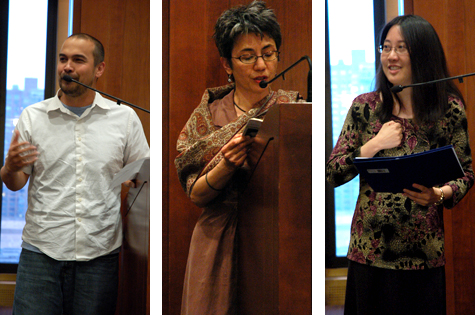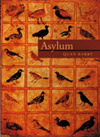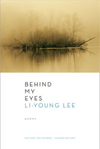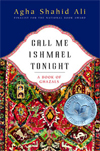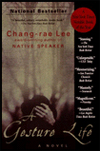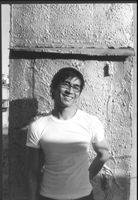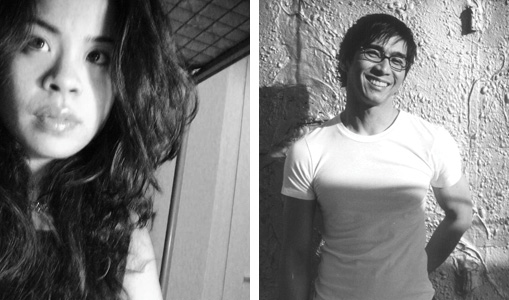
To round off our APIA Heritage Month celebration, we sat down with Joseph O. Legaspi and Sarah Gambito, the co-founders of Kundiman—a nonprofit that serves young and emerging Asian American poets through its retreats, reading series, and community resources—to ask about their thoughts as the organization approaches its tenth year.
* * *
LR: Kundiman is coming up on its tenth anniversary this year. How are you feeling about its turning a decade old? What have been some of your favorite moments from your involvement with it over the last ten years?
JL: Kundiman going on 10 years is astounding to me. Wow! My feelings are overwhelmingly mixed, all strong emotions: for the most part I feel elation and pride, partially with dread and anxiety because there is still so much to do. The question is where do we go from here? We have a decade worth of accomplishments—most prominently, nearly 60 books and chapbooks published by Kundiman fellows—but how do we get to the next level where we are more stable and branch out and empower more Asian American writers. Oh, it is a celebration, of course, but now we’re working on how to sustain Kundiman for the next 10 years, and the next . . . As for my favorite moments, there are just too many. Lawson Inada at the Chinese buffet. Marilyn Chin dancing. The fellows’ sandwich-making contest. All closing circles. The singing, the camaraderie, the poems. The poems. The whole roller coaster [of] experience[s] as some of the most joyous in my life.
SG: I agree. It overwhelms me that it has been 10 years. We’ve now seen an arc of fellows coming into their own—literally growing up before our eyes. We’ve read their poems, their books, attended their weddings, celebrated the births of children. It has been such a privilege to be able to witness fellows mentor each other, to become each other’s best and most trusted readers. What I love is that we’ve become a family in ways that are mysterious and then not mysterious. (This past winter, I hosted around 15 fellows at my apartment and cooked huge pots of ma po tofu and fried rice.) As for favorite moments, there are so many. I loved the Kundiman reading where Bei Dao and a fellow who had never read in public before and was just finishing college, Yael Villafranca, read together. I was thunderstruck because I realized that I was witnessing something that was so hard-worn, rare and precious: the knitting of generations of Asian and Asian American poets. I love the fellow toasts at graduation where we get to see how fellows have been so aware of each other and are praising each other. I loved Kimiko Hahn saying “I give myself permission to be a writer. I’ve worked too hard to not do this” and then watching the fellows invoke this throughout the retreat in their own ways, both literary and personal. I loved having Tan Lin at Kundiman and watching him blow workshops out of the water and seeing fellows reorient their relationship to what words can do.
Continue reading “A Conversation with Kundiman Co-founders Joseph O. Legaspi & Sarah Gambito”
